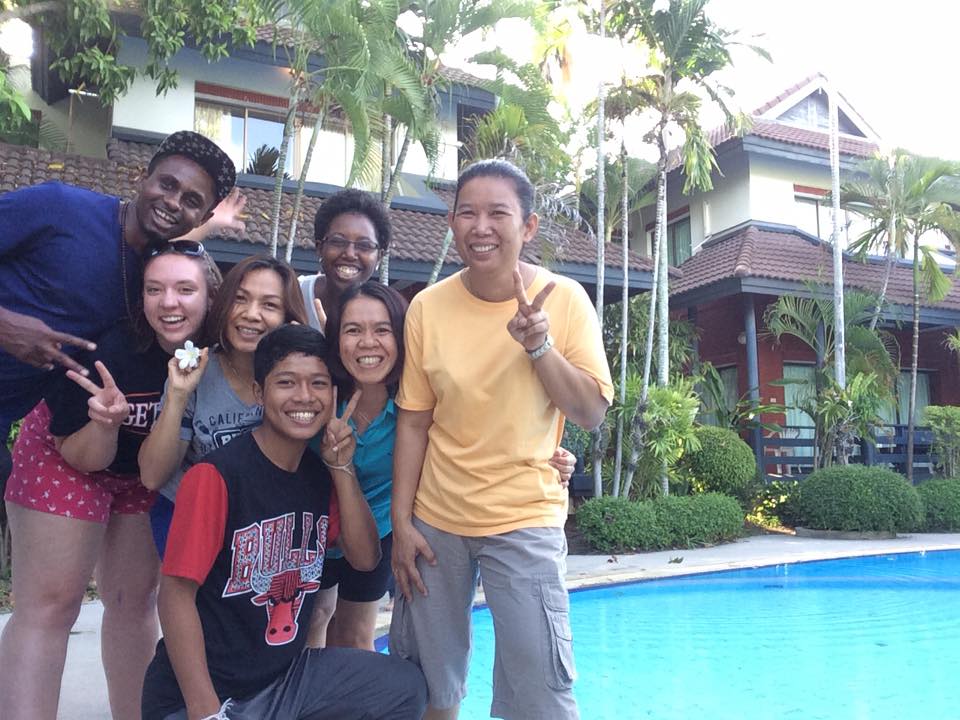20 Things you shouldn't do around the world
 Part of the risk (and fun) in cross-cultural interactions is discovering what is (and what is not) appropriate. Not just appropriateness but to whom is it appropriate, when and how often. The surest way to figure this out is by making mistakes. In 2015, I had the opportunity to accompany a good friend to Thailand, where she had taught English through the Fulbright program. During this trip, I was welcomed by her wonderful community of Thai high school teachers. Their kindness was moving. The teachers rented a beachside condo for the weekend. They cooked many, many delicious meals, and serenades us endlessly with English pop tunes. All of the teachers had a great sense of humor and enjoyed joking, especially P'O (pictured in gray shirt). P'O can be described as an affectionate jokester eager to speak English. She's also about 5'4 and I'm 5'8. While hugging, I touched her head. She said, "I am your sister, not your dog." How embarrassing for the both of us! | In Thailand, as is the case in most Hindu and Buddhist-influenced countries, the head is considered sacred. How could I forget something so basic? Perhaps I thought friendship transcended these norms. After inwardly reprimanding myself for such a blunder and reassembling my pride, I noticed P'O had moved past the offense and was teasing someone else. Moral of the story: I made a mistake and I survived. Check out this list of 20 Things NOT to do Around the World. |



 RSS Feed
RSS Feed